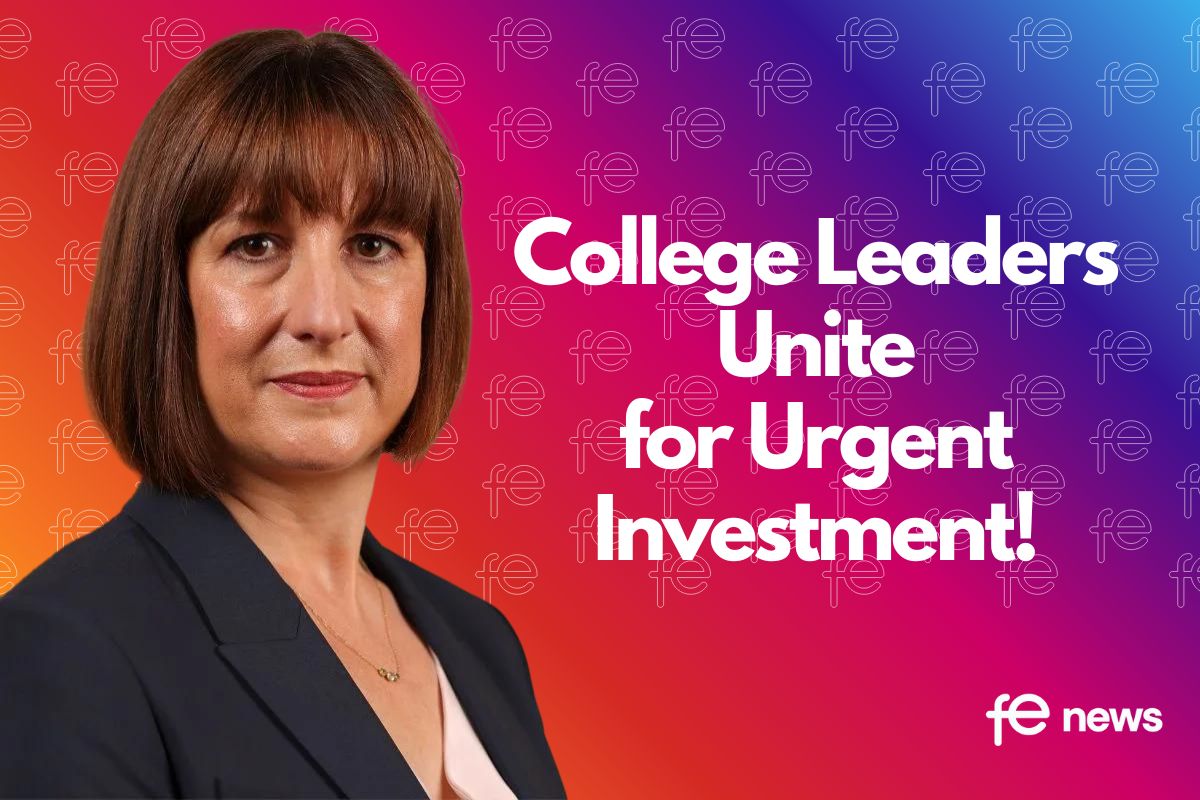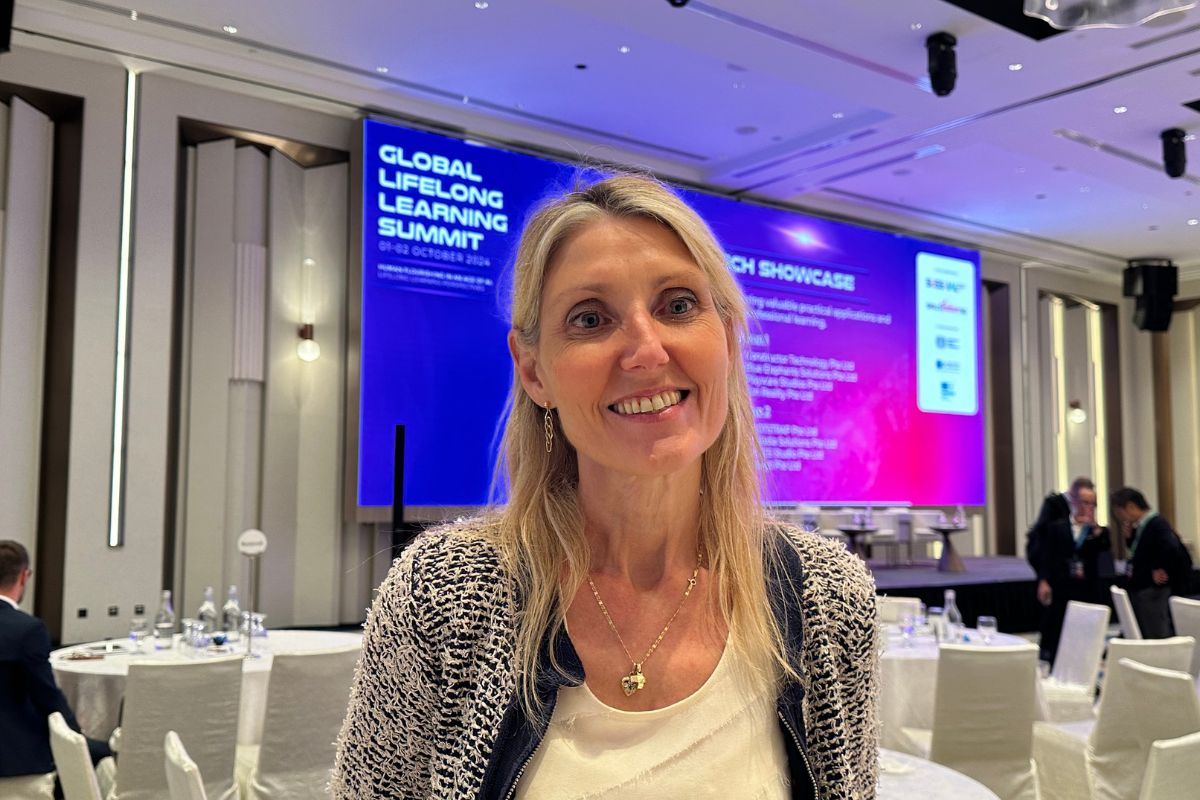Loud and proud – we’re making money and backing Britain!

Did you know that the UK education and skills sector is viewed as the global leader in the field with exports worth more than £14 billion each year? We have gained the highest reputation worldwide, particularly in the area of skills training and employability, for providing both the infrastructure and services that modern industry needs. These are things we should all be very proud of. And yet sometimes it seems that ‘commercial’ is a dirty word in the world of UK vocational education, which, until recently, was not benefitting from the opportunities arising in traditional and emerging markets to the extent that it should.
Historically, higher education has had the lion’s share of the market, with the long neglected vocational sector being slow to enjoy success. This is mainly due to colleges and providers taking a piecemeal approach to working in overseas markets rather than an integrated national approach that brings together all facets of the industry, from curriculum development to equipment supply, to provide the full package. As single organisations they are struggling to make the right connections and to be able to meet the complex requirements of customers.
Aware that vocational education was not realising its full potential, UK Trade and Investment (UKTI) asked prominent bodies in the sector, including BESA (British Education Suppliers Association), English UK and the AOC (Association of Colleges) to form a trade association to unite and promote the UK vocational sector overseas, seek out commercial opportunities, identify suitable suppliers and win business for the UK. And so TVET UK was launched.
Since we were established in 2007, we have helped our members to achieve more than £20 million from overseas projects and student recruitment. That’s good for them, good for the UK economy and, it’s been good news for our markets too; helping to build the foundations for future success through boosting youth employability, cultivating social cohesion and developing an appropriately and highly skilled workforce to increase competiveness in the global marketplace.
For example, civil unrest and conflict, such as the Arab Spring, have led to new regimes looking to rebuild their countries and provide a brighter future for their young people. TVET UK has been working with the Egyptian Cabinet of Ministers’ Education Development Fund on a multi-million pound project that aims to make a significant contribution to its future economic prosperity, by improving the skills, ability and knowledge of current and future technicians and engineers. We helped to put together a team, headed by Edexcel and Pearson Education, that is launching 11 specialist centres of excellence that offer effective and seamless training for students from the age of 14 through to higher education. The first centre was launched in Cairo in September 2009, and now has more than 1,000 students enrolled. Initiatives like this are helping to build a sound future in countries coming out of troubled certain times, as well as boosting the UK economy. Two years into the seven year contract, the project has already delivered more than two million pounds to the UK team members.
Working on international commercial projects makes good business sense for the UK technical and vocational sector and the country – especially in a climate of cutbacks and limited economic growth. We are promoting our reputation for high quality provision around the world and, hopefully, help to make a difference to the fortunes of individuals and communities worldwide.
Matthew Anderson is executive director of TVET UK, which represents vocational education and training national agencies, sector skills councils and awarding bodies, together with colleges, vocational schools, work based and private training providers and educational equipment and materials supply companies











Responses